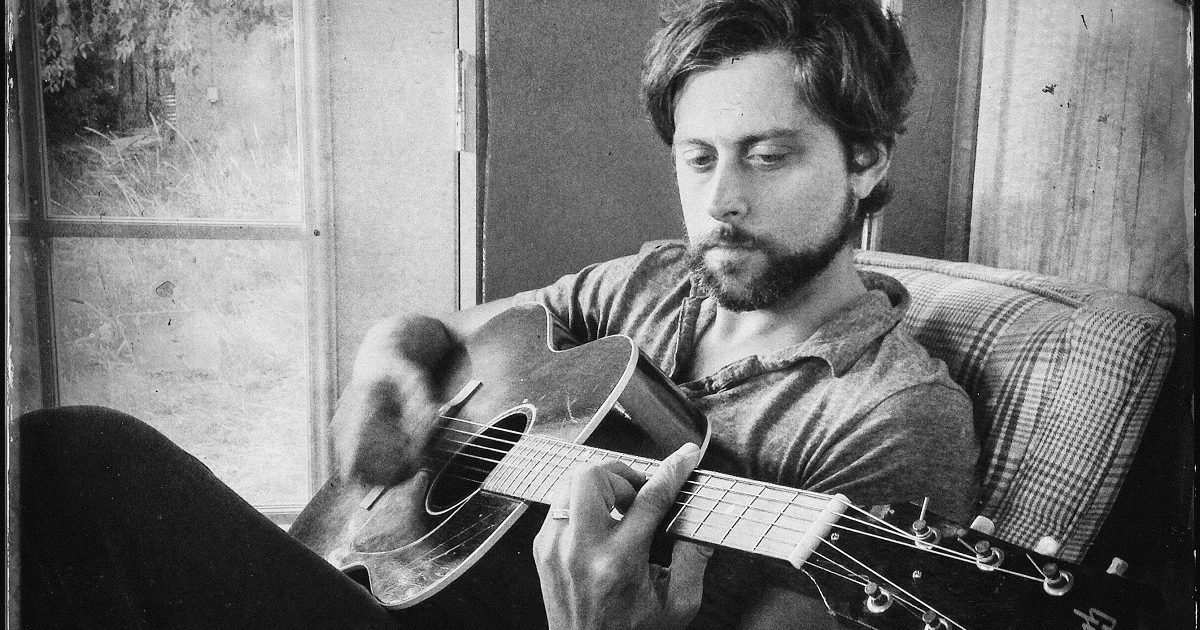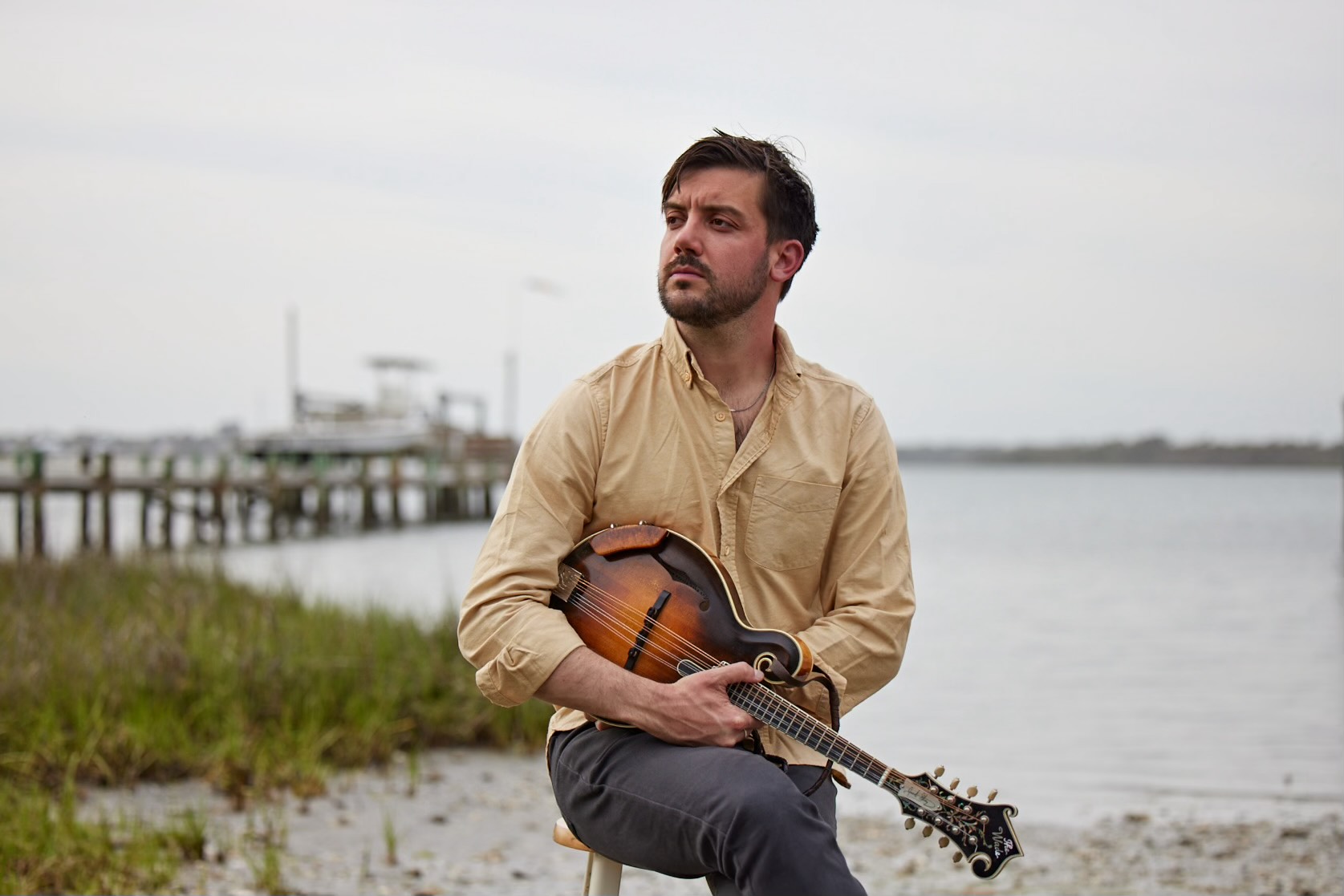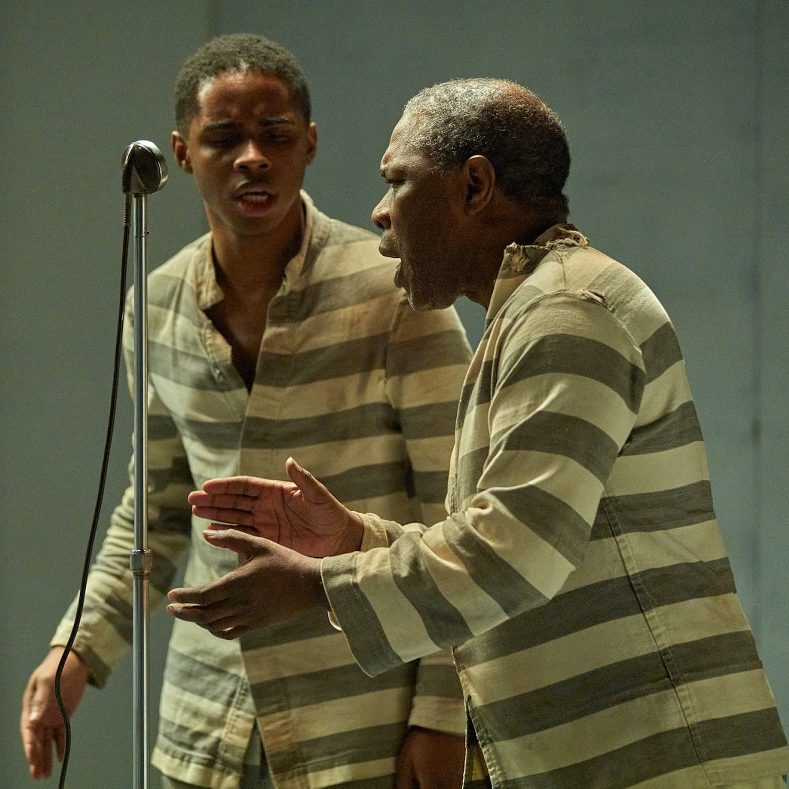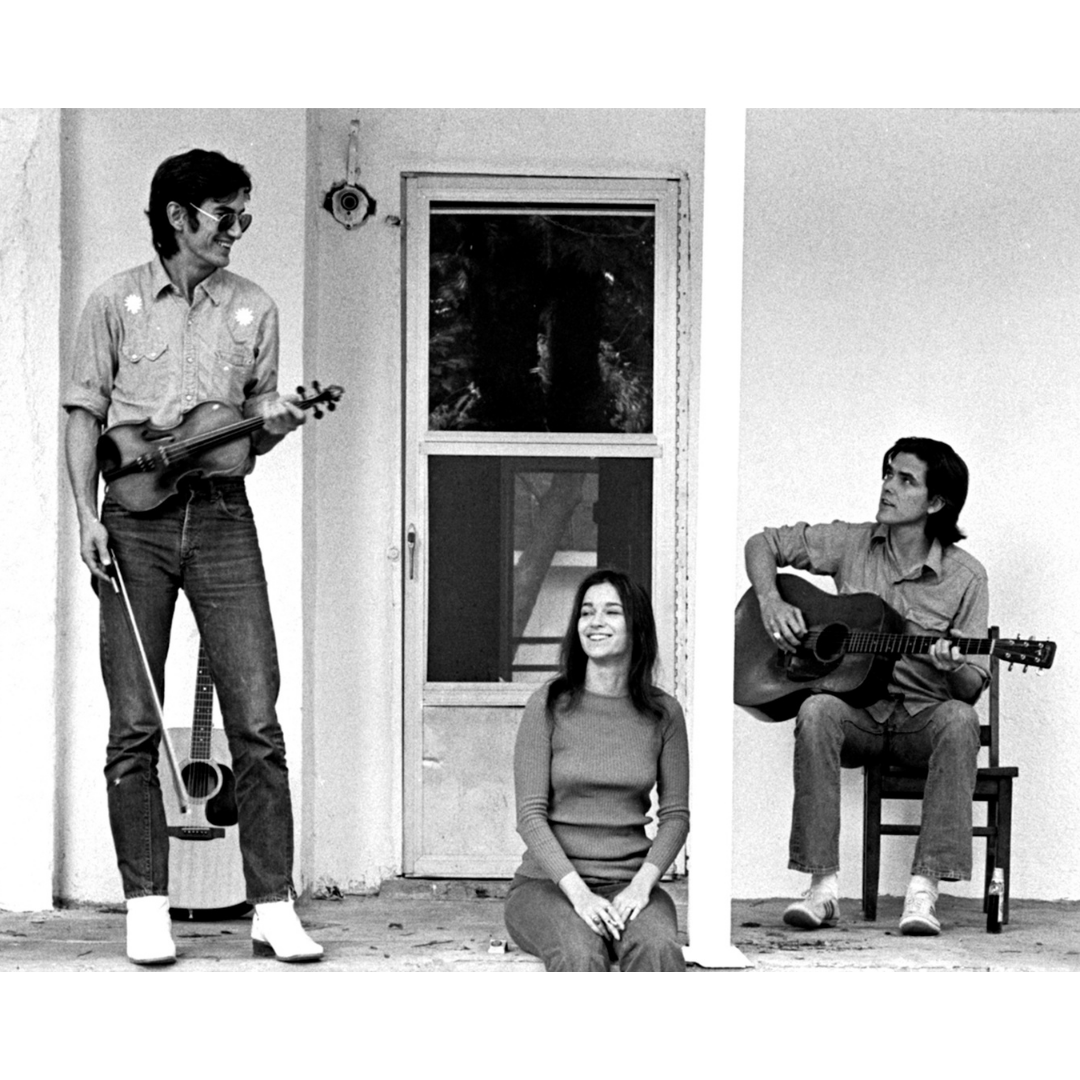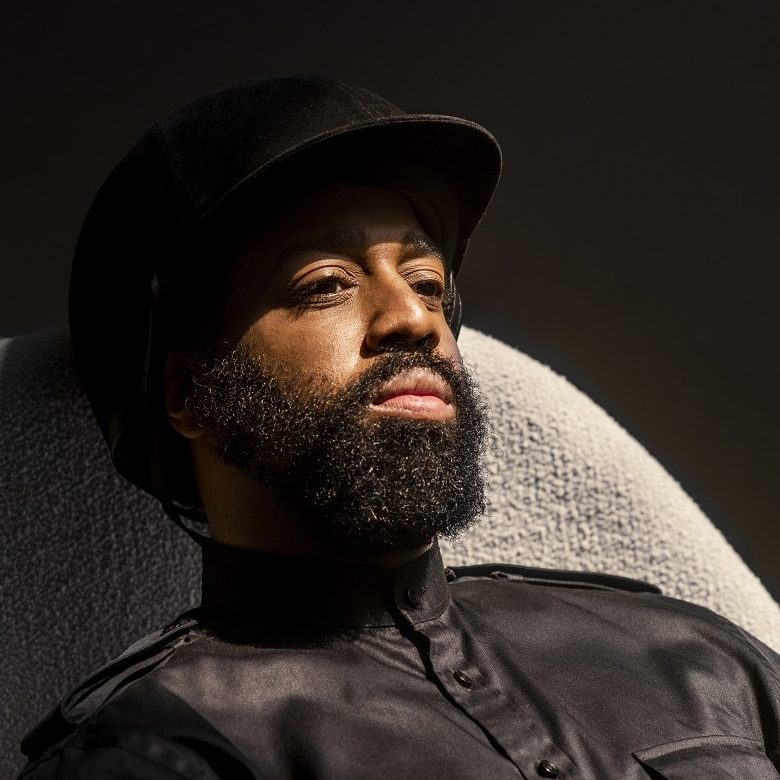Artist: David Berkeley
Hometown: Santa Fe, New Mexico
Latest albums: Oh Quiet World and The Faded Red and Blue
Personal nicknames (or rejected band names): Shaggy (You can’t really tell it from this young, put-together, dashing picture, but I’m not always the best at “grooming.”)
What’s your favorite memory from being on stage?
I once played a show that was accessible only by boat (or a treacherous daylong hike). I was living at the time on the island of Corsica with my wife and our 2-year-old son. We met a couple who produced shows in this magical roadless village on the water. The actual concert was in a big Moroccan tent, but the show was also projected onto the outside of the tent so that people could watch from their boats. My wife and our boy threw our gear onto this little motor boat that was waiting for us at an unmarked dock, jumped aboard, and off we whizzed across the water. Eventually an old crumbling tower came into view, and we came into this beautiful little harbor with olive trees growing and donkeys milling about.
The hosts let us stay in his bohemian guest house looking out onto the Mediterranean. We were treated like royalty. They fed us delicious local cuisine (like wild boar, really strong cheese, figs, and fresh Clementines). We drank cold rosé from grapes grown nearby. Like all the shows I played during that year, I tried to talk only in French, which caused a lot of fairly awkward moments where I inadvertently insulted the audience or told incoherent stories. Sometimes I’d just let a string of words trail off when I realized I had no more vocabulary to pull from. I made up for it with the biggest smiles I could muster, and I dove into each song with a wave of relief. I’ve played a lot of memorable shows in some incredible spots, but that show was hard to top.
What other art forms — literature, film, dance, painting, etc — inform your music?
Good poetry probably influences my writing the most (bad poetry, the least). A good poem can slow down your perceptions and teach you to focus on the beauty and meaning in the small scale and the ordinary. It reminds you of how incredible words can sound when chosen and placed with intention. This year, though, my family and I were living in Madrid and I was trying to read in Spanish. Therefore I didn’t get through as many pages as I might have wished (as my Spanish isn’t what it should be). So lately, I’ve been more influenced by the energy on the Spanish streets, by the sounds from the outdoor bars and mercados, by the clear Iberian light on the colored buildings and in the alleyways.
I wrote and recorded this new album at a time when my family and I were in a kind of mourning after having left Madrid so abruptly. We were attempting to figure out what our world was going to look like during a pandemic, and I wanted to write songs that articulated the hope that a shutdown might actually help us, might crystallize what actually mattered, what we really need to live and be happy and to thrive as a society and an ecosystem. So though literature has long been one of my biggest influences, this project was determined more by place and circumstance.
What’s the toughest time you ever had writing a song?
The closing song on my last release, The Faded Red and Blue, is called “This Be Dear to Me.” I wrestled with her for months. The EP is political. It released just before the midterm election in 2018, and each song tried to tackle one of the main issues of the day (immigration, gun violence, Trump, etc.). But I wanted the last song to rise above the fray. I wanted it to be a kind of political love song. Instead of trying to describe the many problems that were plaguing our country, I wanted to aim higher and think positively, and so I tried to list some of what I find most vital, to articulate what is really worth fighting for.
I filled pages and pages of things I love, writing maybe fourteen verses full of examples I believed were universally important. Eventually (and lucky for listeners), I edited it down to four verses. I suppose the thought was that if we could remember some of the things that we all (regardless of our politics) need and love, then maybe we could return to more surface squabbles with a deeper connection and respect for what matters and even for each other. It took a lot out of me to finish the piece. The song is like a kind of hymn or prayer, and singing it kind of feels like praying.
Since food and music go so well together, what is your dream pairing of a meal and a musician?
I love food so much. And I particularly like waiting to eat until after a show. Somewhere toward the end of a concert I get this major rush when I remember that I’m going to have a big meal after it ends. Sometimes I’ll order Thai or Indian food to the venue and set up a table right onstage after the venue clears out. But that’s not what you’re asking. You want some sort of dream meal/musician combo.
How about a seaside table on the Galician coast (north/northwest coast of Spain) with my wife, probably no kids in the picture yet. Local wine. Seafood just pulled out of the water. For some reason Neil Young is there. But it’s Neil Young from 1971. Huge sideburns. Maybe he just walked the Camino de Santiago. He pulls up a chair. We share our food with him. He’s very hungry after the long walk and so is really grateful for the platters we pass him. Then he notices my guitar and asks if he can borrow it and play us his new material. He plays through Harvest as the sun dips into the Cantabrian Sea.
How often do you hide behind a character in a song or use “you” when it’s actually “me”?
All the time. Well, not so much with my solo work, but I have had a side project, which for the past few years up until the days of Corona had become a primary project, called Son of Town Hall. My British bandmate Ben Parker and I have created a whole fictitious world where we dress in shabby Victorian clothes and travel from show to show by a junk raft that we built. The entire show — every song and every word we say — is in character. Oddly, though, the costumes and the backstory have allowed us to sometimes be even more honest and open than we might otherwise have been comfortable being. The show is very funny. But, despite the artifice, when we are talking about big things (which we do a lot in our show), like the human condition, say, we mean it.
Photo credit: Kerry Sherck

